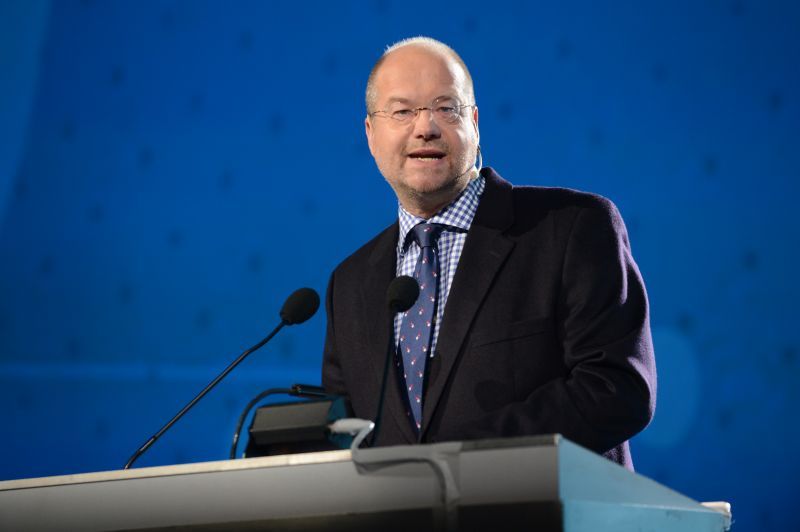
One of the main topics at the International Summit of Cooperatives this year is the role played by co-operatives in the provision of health and social care services. While some economists believe that this sector could become the biggest market in the 21st century, Summit delegates will be looking at how co-operatives could help make a difference while generating innovation and improving access to health care.
A new survey on health co-ops around the world will be released at the Summit. The research is co-ordinated by Jean-Pierre Girard, a well-known international expert in health and social care co-operatives and former member of the board of International Health Co-operative Organization.
Rüdiger Krech, director of the Department of Ethics and Social Determinants of Health at the World Health Organization (WHO) will also introduce delegates to the WHO’s approach to healthcare.
“There is a lot for us to learn from different sectors and how principles of co-operatives could help us, not only health co-ops, but housing, banking and agricultural co-ops as well,” he said.
In Canada and across various European states healthcare co-operatives are a key player within the health sector. Other countries could learn from this example, but such initiatives must be adaptable to the realities of each individual state, thinks Mr Krech.
Another speaker at the International Summit of Co-operatives, Laura Paracaula is deputy director general at Suara Cooperativa, the biggest health and social care co-operative in Catalonia. At the Summit, she will be looking at the role co-operatives could play in providing services, particularly in the context of demographic growth and an ageing population.
Suara is a non-profit co-operative that was founded in 2008 as a result of a merger of three co-operatives with more than 30 years of experience in taking care of people.
Referring to her presentation at the Summit, Ms Peracaula said: “The conference will be about the challenges and opportunities that come with demographic growth and I’m answering from a co-operative perspective.”
She believes that co-operatives like Suara are better equipped to meet social challenges and demographic changes.
“Our model is based on a collaborative, participative and networking leadership that is applied in all areas mentioned above. The fact that the benefits obtained are permanently reinvested in these areas and also in innovation, training and continuous improvement of our professionals are differentiating elements in relation to other types of organizations,” she said.
Twenty-six health and insurance experts will be speaking at the Summit, including José Carlos Guisado, president of the International Health Cooperative Organization, Eudes de Freitas Aquino, president of UNIMED and Vanessa Hammond, chair of Health Care Co-operatives Federation of Canada. The full list of speakers is available online.
Photo: Rüdiger Krech of the WHO




